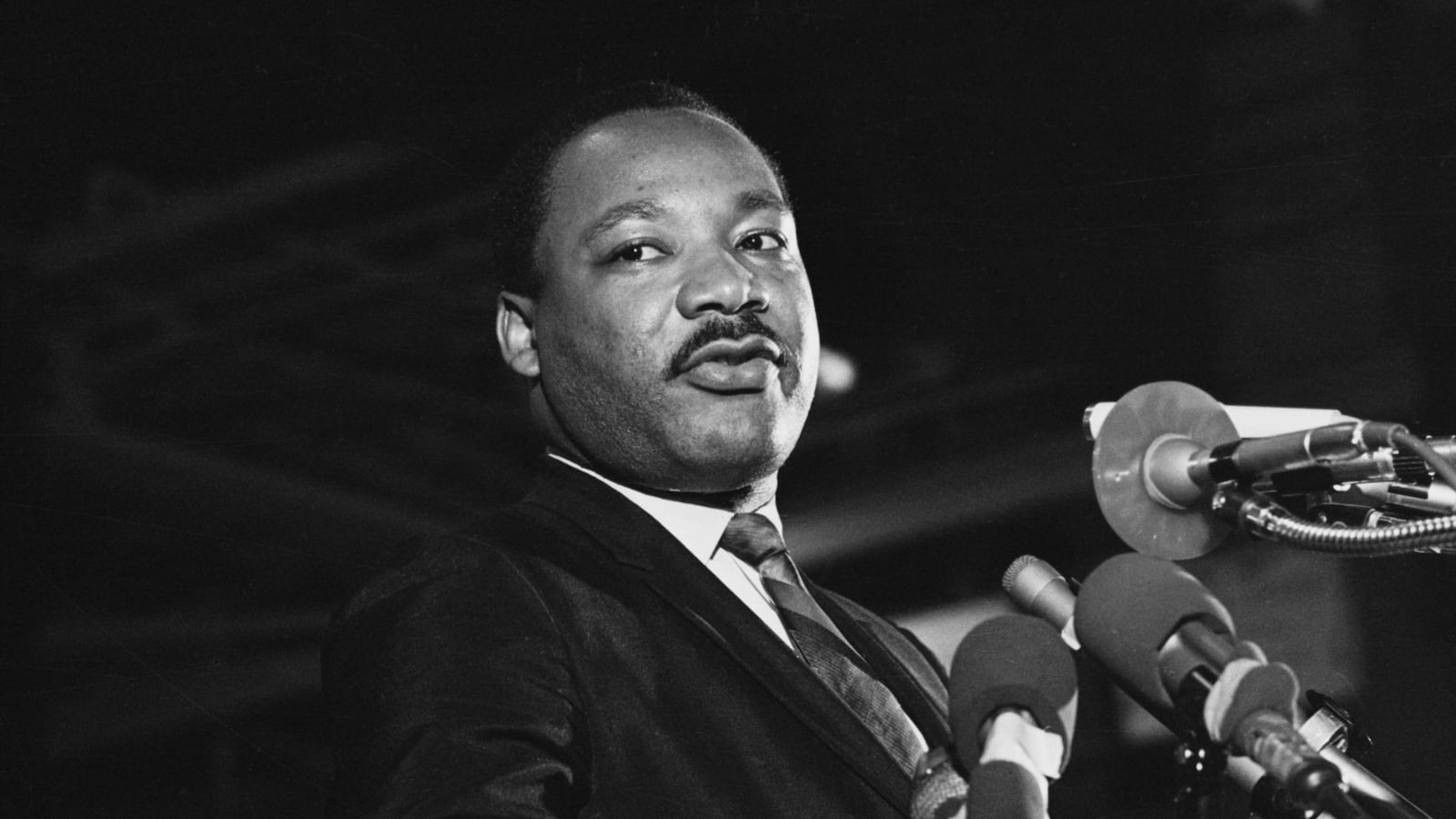Memphis has a special, painful relationship with the memory of the Rev. Martin Luther King Jr.
It was here, on April 4, 1968, that the iconic civil rights leader was assassinated. For so many Memphis residents who lived through those shocking and frightening days, King’s death was a life-changing moment.
To mark the 50th anniversary of King’s death, Chalkbeat wanted to know: How did students react to his killing? How did teachers respond? What was the mood like in Memphis schools during the days before and after? To find out, we spoke with four people who were students and educators at the time.
In 1968, Johnnie Turner was a teacher at Hamilton Elementary School and served on the board of the local NAACP chapter. She was in the crowd at Mason Temple on April 3, the night before King’s death, when he delivered his prophetic final speech.
Wayne Ingram was a student who walked with classmates from Hamilton High School to follow King in a downtown march a week before the leader’s death. Their trek from school was peaceful, but the march behind King turned violent, with stores being looted and police killing a black teenager.
Yvonne Acey was a community organizer who taught at Carver High School, where civil rights activists used her classroom after hours to coordinate protests.
Her husband, David, a graduate of Melrose High School, was heading up the first black student association at Memphis State University, now the University of Memphis.
In this story, we relive the days before and after King’s murder through their own words. To set the stage, here is the message sent to King by organizers of a sanitation workers strike in October 1967 imploring him to join their crusade:
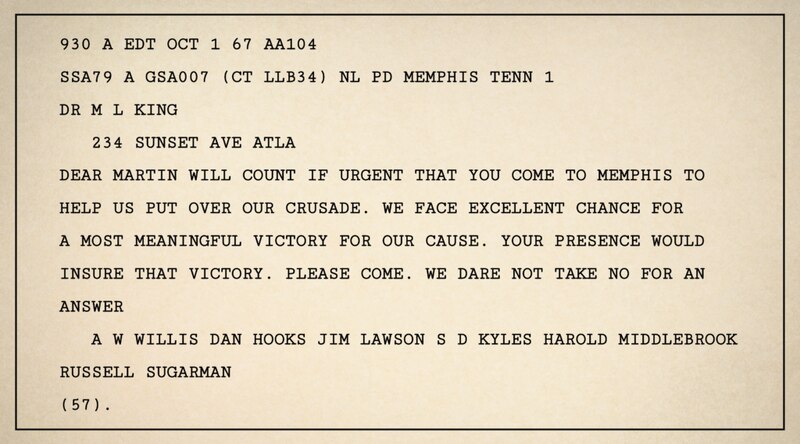
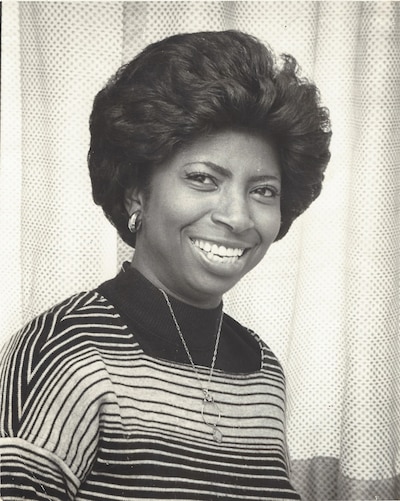
JOHNNIE TURNER: “There was a national respect. This is our savior, not to compare him with our religion. But this is the Moses that’s going to lead us to the Promised Land. He gave us hope, he gave us inspiration, he gave us the desire that we don’t have to take this anymore.”
King did come. First, on March 18, 1968, when he spoke to a crowd at Mason Temple, a Pentecostal church that was one of the largest meeting places for black people in the South.
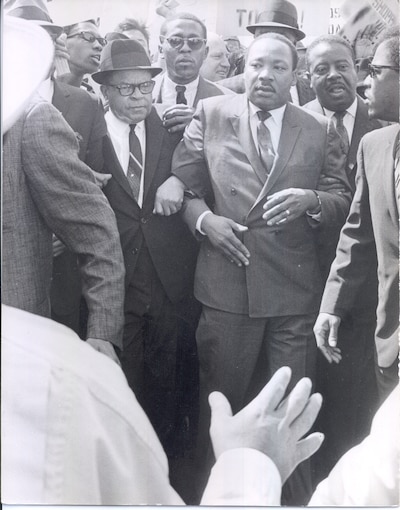
JOHNNIE TURNER: “He felt that urgency to come to Memphis because of the conditions under which the sanitation workers were working at that time, which had culminated in two of them being crushed in a garbage truck.”
Days later, King returned to lead striking workers on a march to City Hall. A high school senior then, Wayne Ingram participated in the demonstration after hearing at school that morning that people were assembling downtown. He and many of his classmates set out to join them.
WAYNE INGRAM: “[Our] march that we led was not organized. … We came to school to go to school that day, and all of a sudden we found ourselves in the midst of a movement of 275 students walking from Hamilton High School to Clayborn Temple. Now that’s a long walk. A long walk. So we walked.”
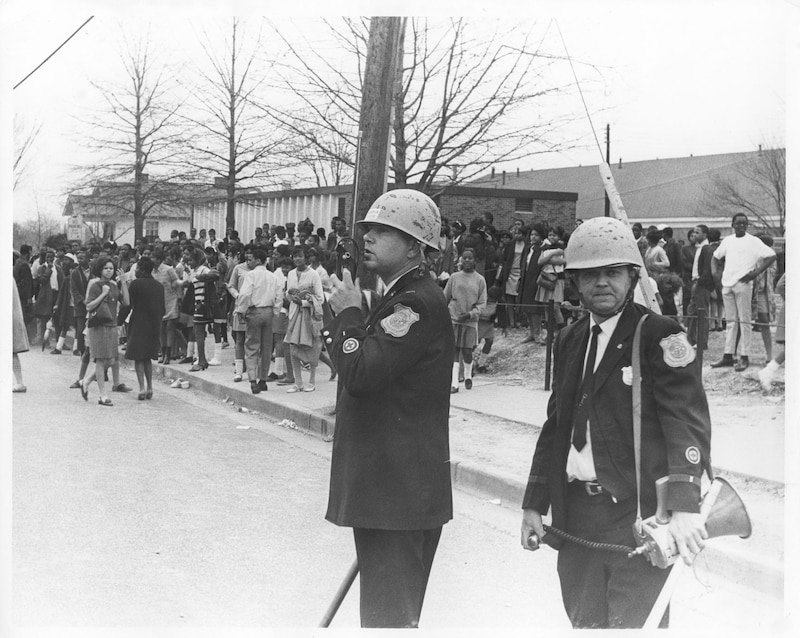
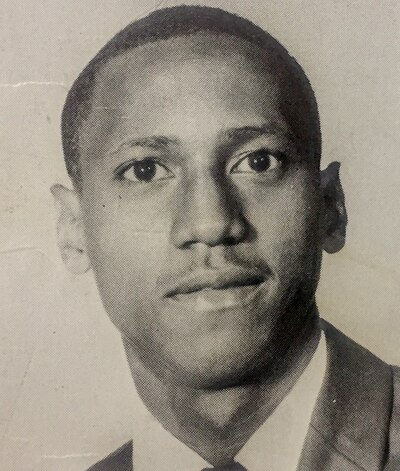
But the march turned violent when police and protesters clashed on Beale Street. King was quickly escorted away, and police in riot gear began dispersing marchers with tear gas and nightsticks. Ingram was caught up in the melee, along with the Rev. James Netters, one of the first black members of the Memphis City Council.
WAYNE INGRAM: “All hell broke out. … When the disruption [started], everybody was running, and we ran down Main Street to Gayoso where Goldsmith’s department store used to be, and [Rev. Netters] had fallen down because of mace, he had been maced. And the police were in the process of beating him. So we stopped it and covered him up and took him to his car.”
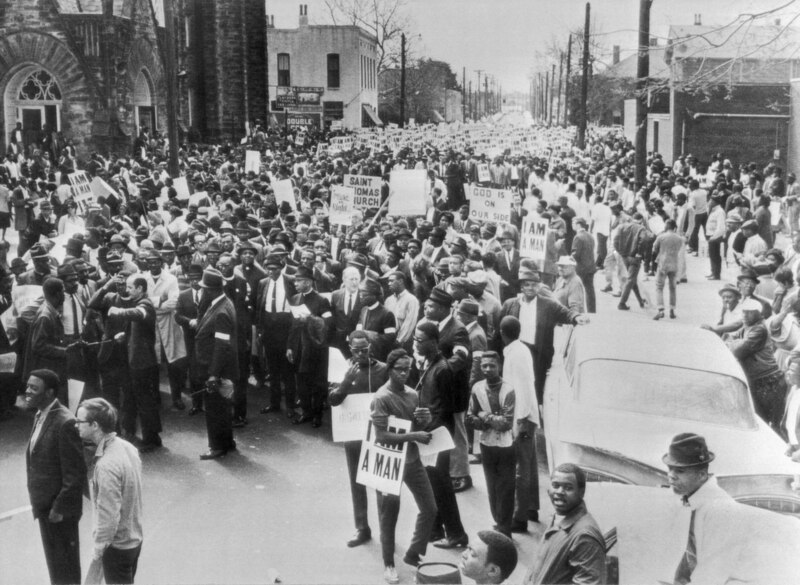
The next school day, Ingram and his classmates returned to class at Hamilton High School.
WAYNE INGRAM: “We thought we were going to get kicked out of school because we didn’t have no permission. And our principal, Mr. Harry T. Cash, he was the general. So the next day, we were very afraid. He didn’t say anything. Teachers didn’t say anything. So he must have approved it.”
A week later, King returned to Memphis to lead another march, planned for April 5 — a date he never saw. The night before he was murdered, he spoke again at Mason Temple. Johnnie Turner and her husband, Larry, were there.
JOHNNIE TURNER: “We sat up in the back, and we had a seat that could look right down at him. And we didn’t know it at that time, but he didn’t feel well, and he had asked someone else to speak. But the room was packed. … They called him and said, ‘Martin, you got to come. This church is packed.’”
As King spoke inside, a major storm erupted outside.
JOHNNIE TURNER: “It was thundering and lightning and everything. It was almost like a tornado. That’s why I think that night was a warning of what was to come. Why would he give a message like that the day before he died? That was unbelievable. Oh God. (sigh) It was an emotional moment. It was an emotional time. We were so glad that we had come.”
Listen to King’s famous last speech, in which he declared “I’ve been to the mountaintop.” (Courtesy of Sound Learning)
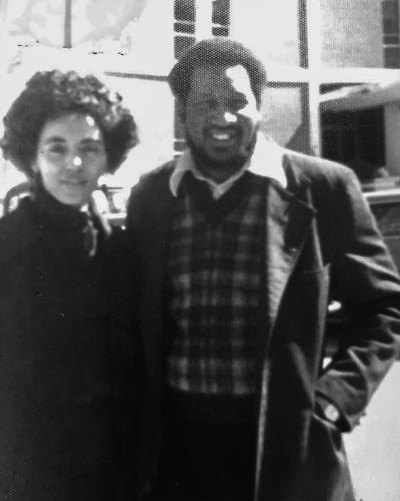
Yvonne and David Acey were also in the audience. They had heard King speak many times.
DAVID ACEY: “If you ever had the opportunity to hear or see him in person, it was inspiring. It was motivating. We were ready to follow King wherever he wanted to go.”
But this time seemed different. King, who had received many death threats through the years, touched on his own mortality.
DAVID ACEY: “In retrospect, he knew he was going to die soon. But you see when you set that speech up and listen to the rhetoric and how he framed everything in that speech, you could feel it. You could see it, his expressions.”
During our interview, David Acey broke into an impromptu recitation of part of King’s “I’ve been to the mountaintop” speech from memory. Listen to him here.
The next day, April 4, Yvonne Acey spoke with her students about the demonstration that King had planned for the following day.
YVONNE ACEY: “We were talking about getting ready for the march, who was going to be there, who was coming, and I was encouraging them if they couldn’t get there, they watch on TV. We said there’s great moments in history that you never miss, you never can recall again if you miss it.”
But that evening just after 6 o’clock, as King stood on the balcony of the Lorraine Motel, he was shot in the head by assassin James Earl Ray. An hour later, King was pronounced dead. The news spread quickly.
“The Rev. King has been shot.” Listen to an excerpt from the police dispatcher’s recording. (Courtesy of Tom Leatherwood, Shelby County Register’s Office)
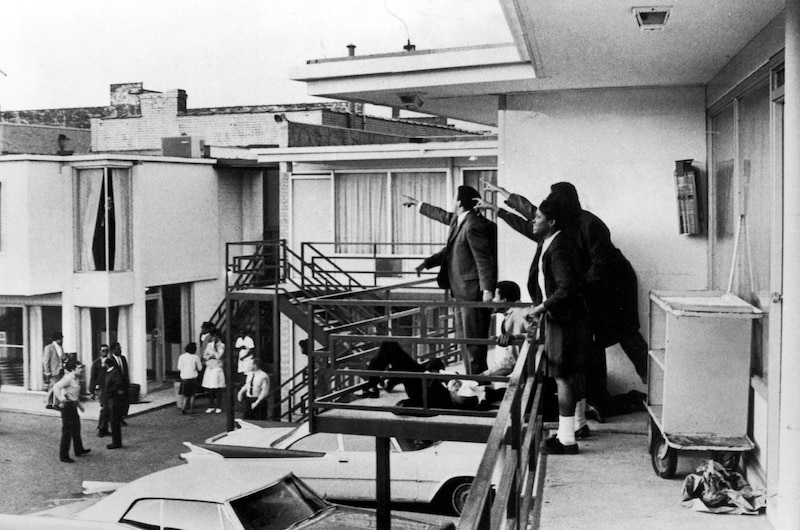
When the news broke, the Turners were preparing to go to Mason Temple to hear King speak again that evening.
JOHNNIE TURNER: “The television was on and I was on the phone with my husband telling him hurry up and come home, you know we want to get a good seat. [The newscaster said] ‘Dr. King has been shot.’ I think the world stopped. I told him, ‘I don’t believe this.’ And then, about an hour afterwards, they said he was dead.”
DAVID ACEY: “The whole national news stopped, everything. Duke Ellington was playing in New York and he heard the news and canceled the concert. All over this country, things shut down.”
YVONNE ACEY: “I was just speechless and sad and very depressed. Where am I going from here? And who’s going to take me there? Because what he had that captivated people, I didn’t see anybody else in the African-American community that could do that. He was like a magnet. If you touched him, you had to become a part of what was going on.”
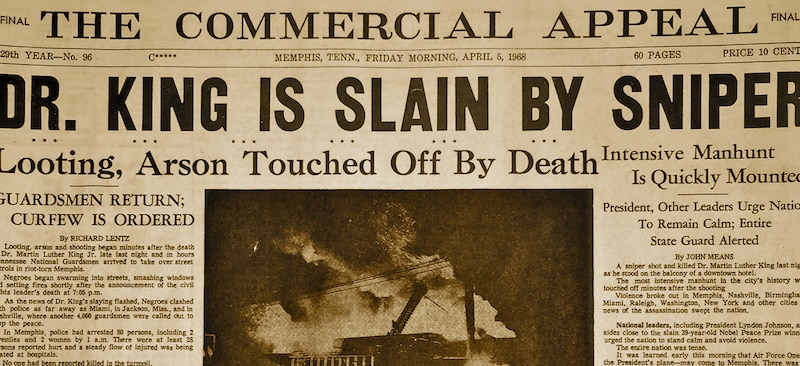
That’s when looting and violence erupted, not only in Memphis but in dozens of cities across America.
DAVID ACEY: “Once the word got around in Memphis, New York, Detroit, Chicago that King had been killed, streets filled with young people, all of us, [asking] what’s next? Then the building went up in [the] Orange Mound [neighborhood]. Fire went up in South Memphis. … It was totally shock. People wanted to do something.”
JOHNNIE TURNER: “[The looting and violence] really disturbed me. I understand why they did it. But Dr. King would not have wanted that. He was a man of peace.”
Then 18, Wayne Ingram struggled over how he should vent his anger over King’s killing.
WAYNE INGRAM: “Why would this person be hurt or harmed? That’s the part I couldn’t wrap my arms around. That some people were given a pass, and he was assassinated. So I had to really come to grips with that. Do I turn to the left and start acting out? … I went home. We didn’t throw rocks and burn down any building. … I made my own determination that I was going to burn up doing something. I was going to throw myself into things instead of throwing a rock.”
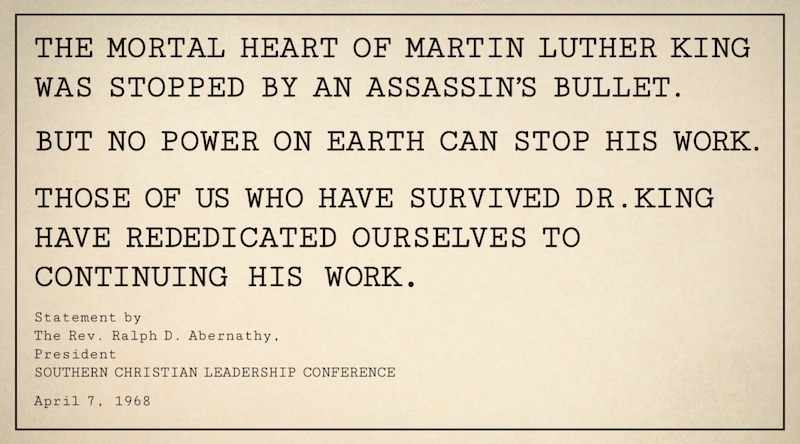
The assassination happened on a Thursday night. By the next week, students and teachers were back in school.
JOHNNIE TURNER: “All I remember when he was assassinated, how devastated the students were, how devastated all of us were. It was like losing a dearly beloved member of our family. … Well you can imagine what it was like [for] sixth-graders when that occurred.
The whole week with my kids, it was like a blur because I knew I had to go to work. I just don’t remember how we functioned except that we could talk about it, and these kids, they were kind of like in shock themselves. They could not believe that this has happened. The whole city, even some caucasians, whites, felt the same way.
At that time, just as you do in any situation, you talk to the kids and let them talk. Help them grasp and deal with the emotions that they had. … Everybody was grieving because we had lost our leader.”
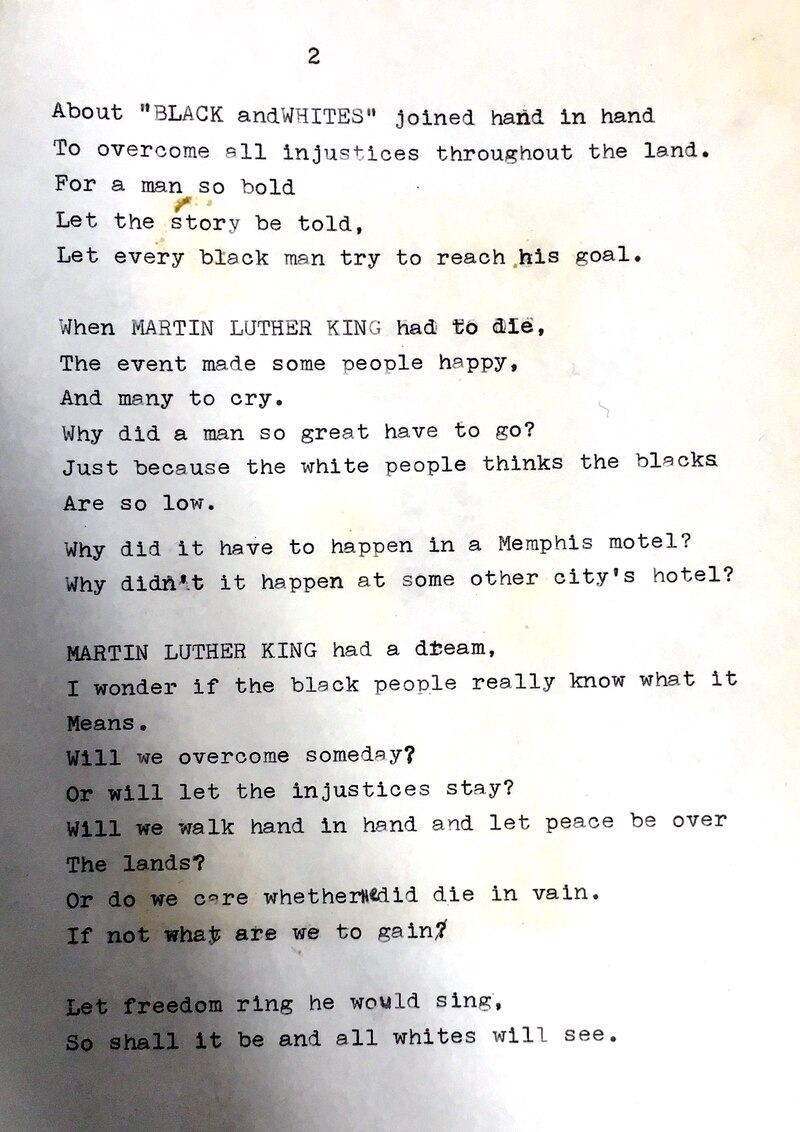
YVONNE ACEY: “Their mind was totally away from the classroom. We said this is what happened: We’ve had the boycott, we’ve had the strike, we’ve had the National Guard, we had to see the racism in action from the National Guard on to the policemen, brutality in the United States. It looked like we were isolated anyway. So, let’s see how we’re going to fit into this overall picture. What can we do right now as students? As instructors? As community people since we’ve had all this chaos?”
WAYNE INGRAM: “It was teaching us how to counteract and — not to react but to act. We’re going to give you everything possible educationally. Now you have to take that training and use it to your benefit. So I think they taught it but it wasn’t … ‘we’re going to teach you Civil Rights 103.’ I think they just taught us the basic ingredients on how to be a good person, a good citizen.”
Today, all four people we interviewed still live in Memphis, where they say their lives were forever impacted by King’s life, death, and legacy.
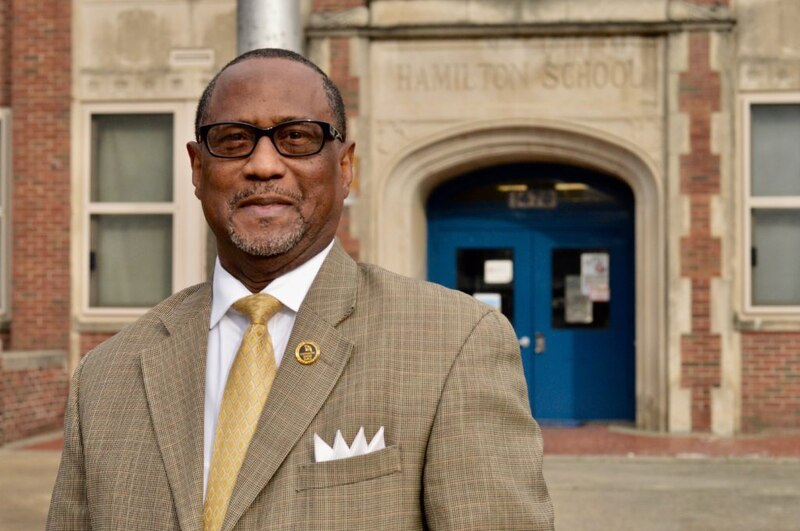
A proud alumnus of Hamilton High, Wayne Ingram went on to graduate from Tennessee State University and now owns a travel business in Memphis.
“I don’t want to call [MLK50] a commemoration because I don’t think murder or assassination should be commemorated,” Ingram says. “I think it should be remembered. And that people know that what happened, happened. But we need to also say this: What are we going to do with the children who don’t know about this story?”
Hear Ingram reflect on the significance of the 50th anniversary of King’s death.
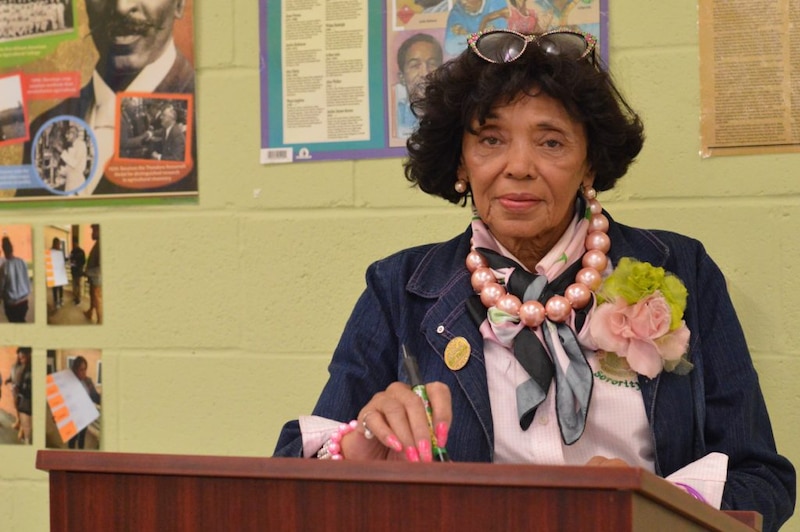
A retired teacher, Yvonne Acey was a longtime leader with the local teachers union. She believes educators must be role models to equip and empower their students to take civic action.
“Making a difference cannot just be made in the classroom and a textbook,” she says. “You are a part of the world, and the world is a part of you.”
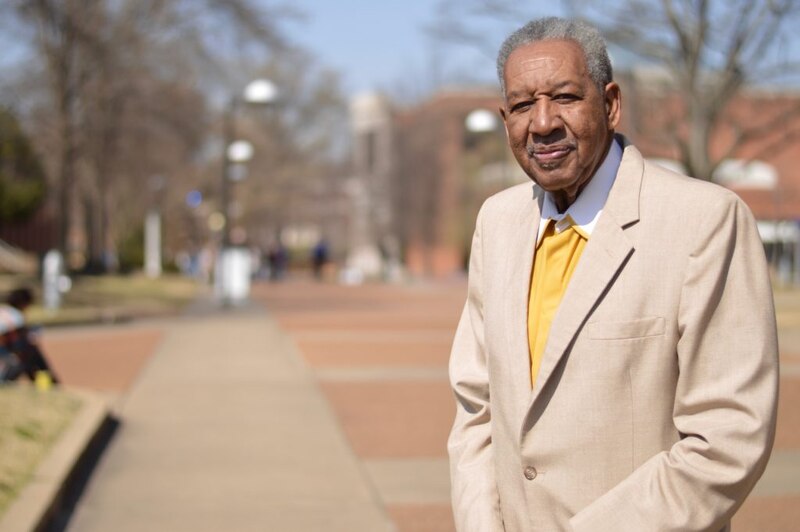
David Acey went on to become one of the first black faculty members at Memphis State University, his alma mater, where he taught African-American studies. He is now retired.
“I think if people would really get into the rhetoric and read Dr. King’s books, listen to his speeches and his sermons, there’s a lot of wisdom in there,” Acey says. “You’ve got to keep hope alive.
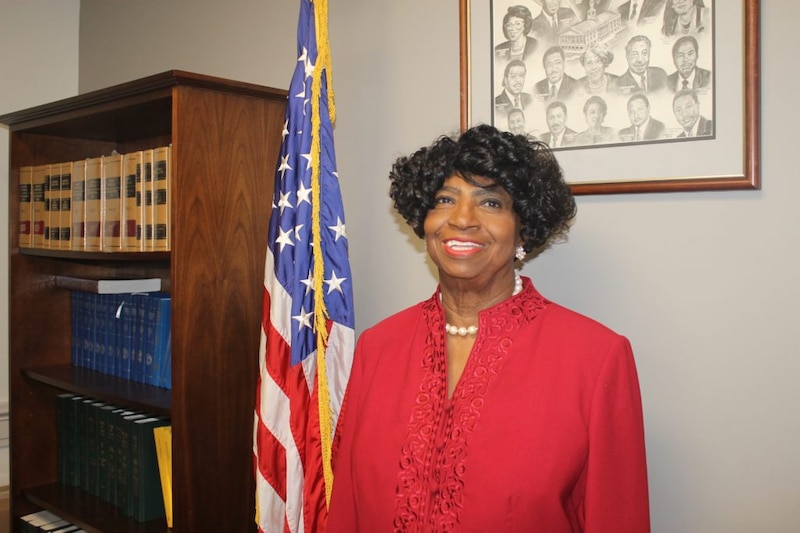
Johnnie Turner participated in the sit-in movement in the 1960s and was jailed when she refused to sit in the back of a Youth for Christ rally. After her teaching career, she led the local chapter of the NAACP and is now a state lawmaker representing her Memphis district. She is retiring this year after eight years in office.
“The challenge that each generation has,” Turner says, “is [inspiring] somebody who will rise to the occasion who says, ‘Pass the baton on to me. I’ll run the rest of this race.’”

